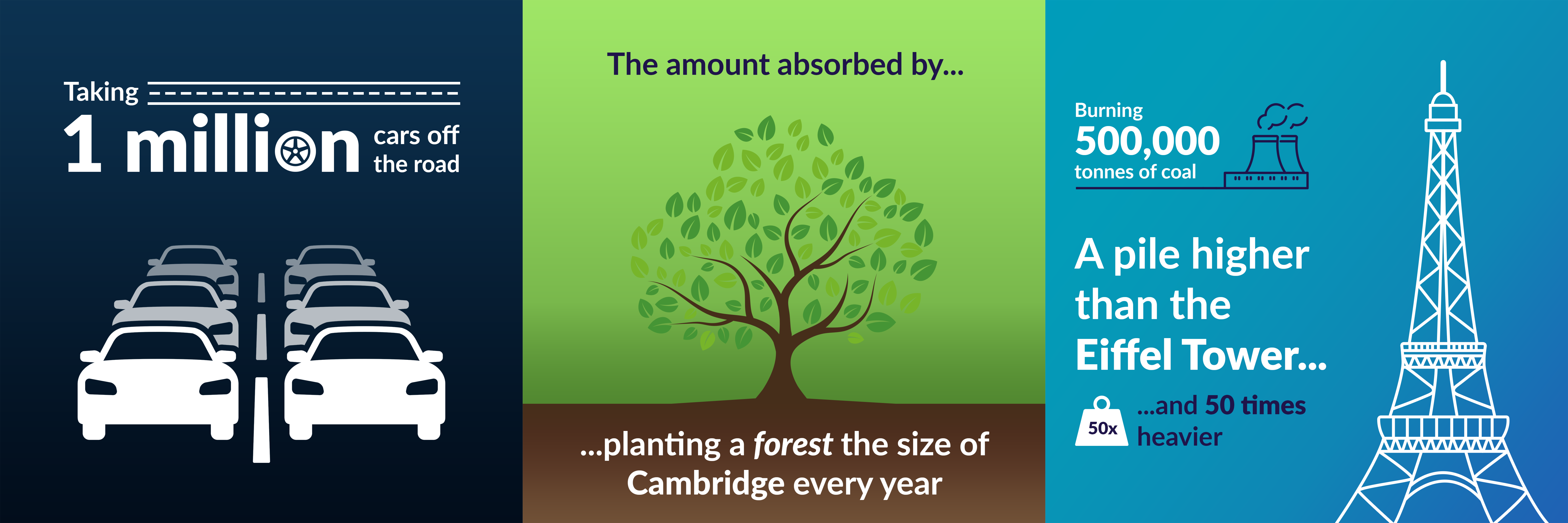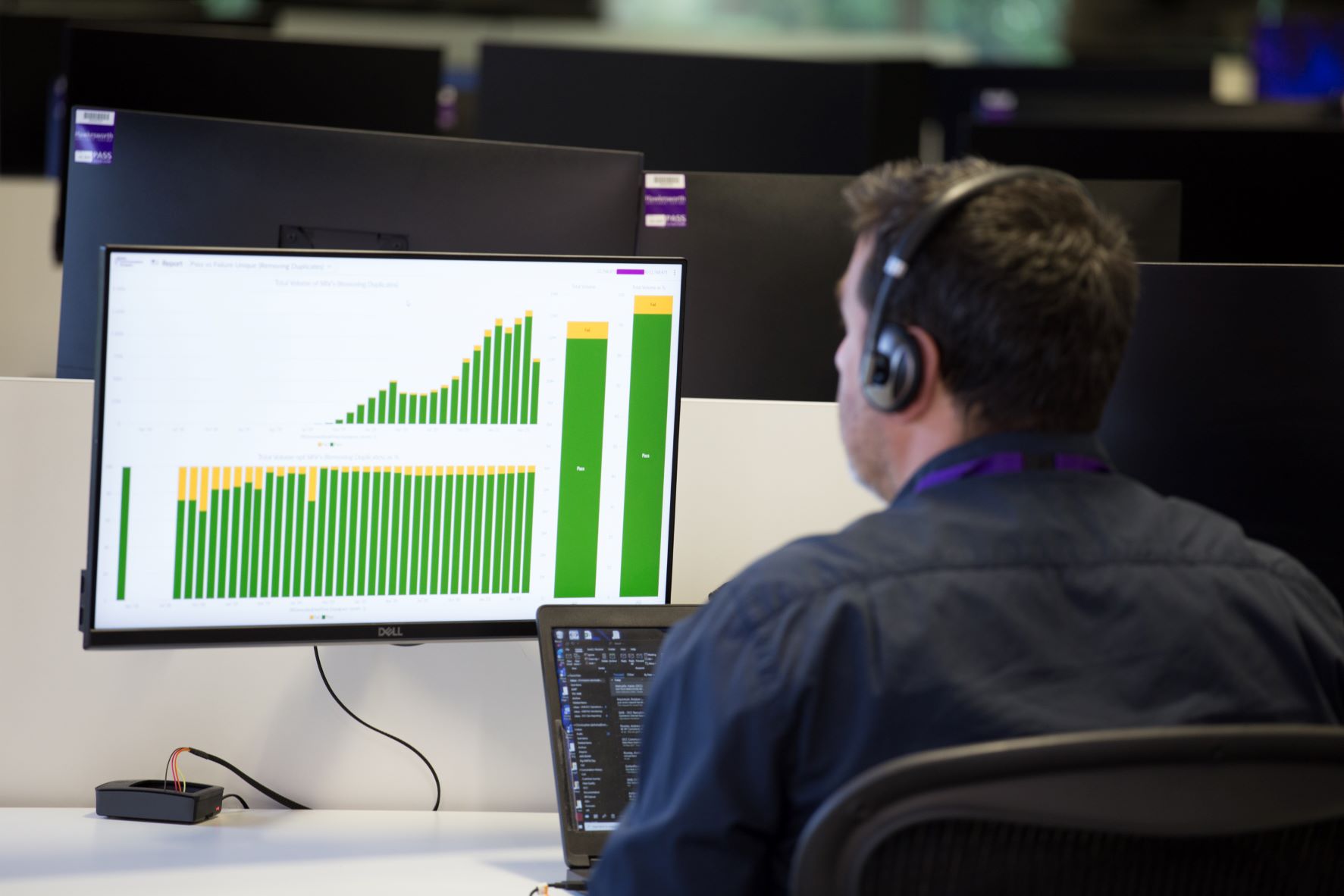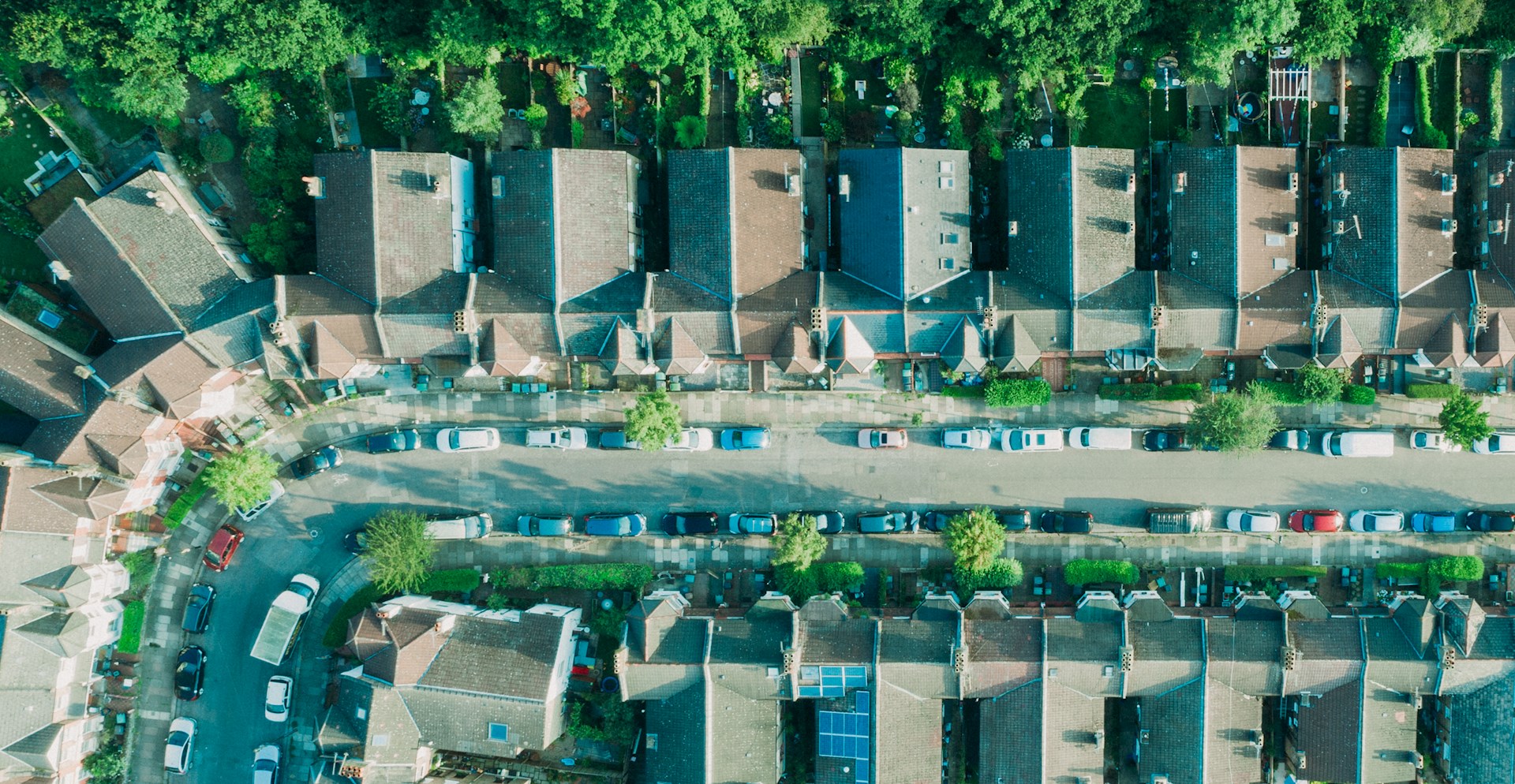Over half of British homes are now part of the national smart meter network. New research based on Government figures shows that smart meters are saving more energy and carbon than initially predicted. With approximately 3% energy savings per household and 16 million properties connected to the DCC network – the cumulative impact on the grid is significant. When these energy savings are applied to the current energy price cap, homes and small businesses have the potential to save £770 million collectively.
1 million tonnes of carbon is the same as...

Smart meters not only give households the ability to more closely monitor their energy usage via apps and their included displays – but the data they transmit for the energy grid is essential and will become increasingly important.
Smart meters securely transmit energy readings every 30 minutes to the DCC's network. This data is automatically shared with energy suppliers and grid operators, providing them with a near real-time understanding of energy usage. By leveraging this information, grid operators can reduce wasted energy capacity, optimise new renewable generation, and potentially eliminate the need to build a large gas power station via lower demand. Additionally, National Grid ESO and energy suppliers are utilizing this data to incentivize reducing energy usage during peak demand periods, as part of the smart meter-enabled Demand Flexibility System.
We are delighted to have reached this milestone, which shows the power of collective action on climate change. Small changes in homes across the nation are adding up to power station sized savings. The DCC network is transferring the vital data needed to make the most of renewables on our energy grid. At the DCC our purpose is to make Britain more connected so we can all live smarter, greener lives.
Further reading





